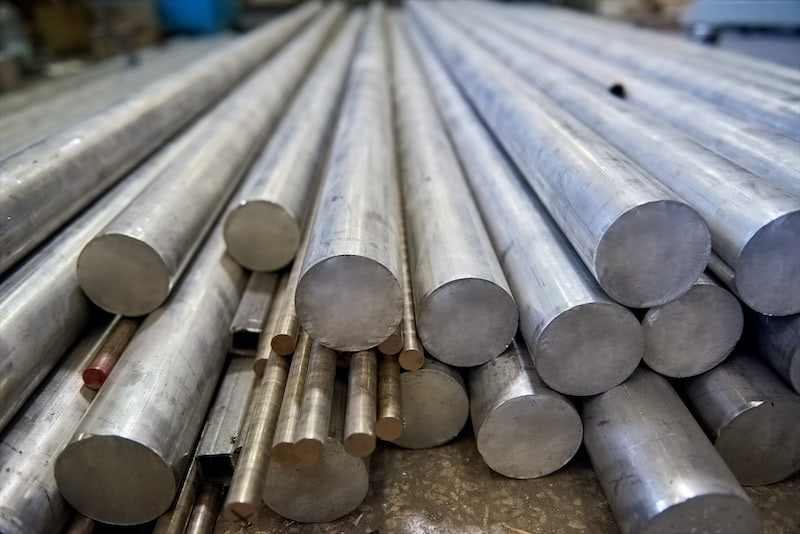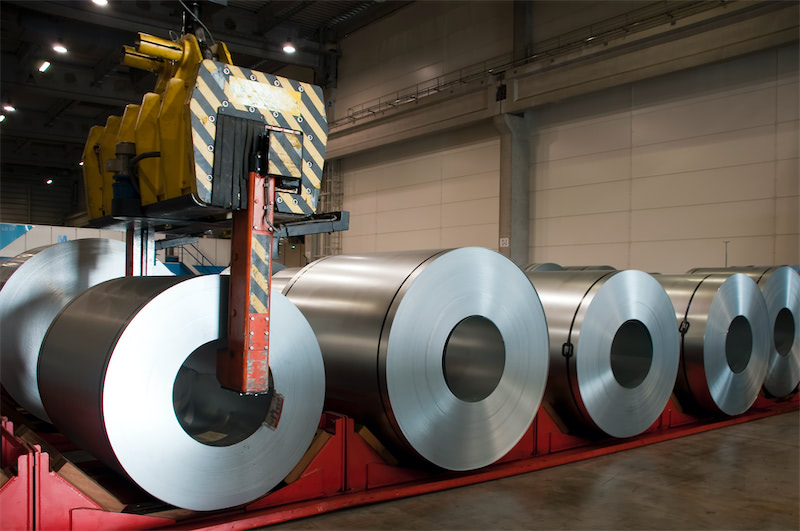After receiving reports on the continued decline of the domestic ferrochrome industry and its impact on the socio-economic landscape, the South African Cabinet officially approved the implementation of chrome ore export control measures and electricity incentive policies to stabilize and stimulate the growth of the local ferrochrome industry. During a meeting on Wednesday, the Cabinet authorized the Department of Electricity and Energy to advance negotiations for a government-industry electricity tariff adjustment agreement to support the development of ferrochrome smelters.
Details of the incentive measures have not yet been disclosed, but several high electricity-consuming enterprises have successfully signed Negotiated Pricing Agreements (NPAs) with Eskom. Under these agreements, enterprises can receive electricity price discounts, provided that Eskom can temporarily interrupt power supply during periods of high grid pressure. The most well-known NPA is the collaboration between South32 Hillside Aluminium Smelter in KwaZulu-Natal and Eskom. However, the policy allowing electricity-intensive companies to join NPAs is a result of Eskom's recent electricity application submitted to the regulator, with standard tariff users required to bear the revenue losses arising from these concessions. Recently, Eskom submitted an application for 10 national electricity plans to the National Energy Regulator of South Africa (NERSA), which subsequently approved in its final decision the national electricity plan sales volumes of 22,581 GWh for the 2025/26 financial year, 22,625 GWh for the 2026/27 financial year, and 22,713 GWh for the 2027/28 financial year.
Although the amount of revenue loss has not been disclosed, estimates suggest it to be approximately 20 billion rand annually. In 2025, Eskom was granted a 12.74% electricity tariff increase, followed by 5.36% and 6.19% in the next two financial years, respectively. The Hillside NPA discount value is as high as 50%. Coincidentally, at the time of the Cabinet's announcement, independent research institution Meridian Economics also released a study report on the Hillside NPA, indicating that the agreement provided the smelter with electricity price discounts of up to 50% over a 10-year period, with the total discount value for the 2025/26 financial year estimated at around 10 billion rand. The study pointed out that for the agreement to generate positive value for the national economy, the economic benefits created by Hillside should exceed those of allocating the same amount of electricity to other enterprises by at least 7 billion rand per year.
Furthermore, the Cabinet announced that future chrome ore exports would require permission from the South African International Trade Administration Commission (ITAC) and that a chrome ore export tax would be introduced. Additionally, the government would expand the incentive framework and related regulations for smelters in Special Economic Zones (SEZs).
As early as March this year, Minister of Mineral Resources and Energy Gwede Mantashe announced that over half of the 59 chrome furnaces nationwide in South Africa had been shut down in the past few years, leading to a sharp decline in domestic ferrochrome production. To this end, Mantashe said that the government had formed a ministerial working group comprising the Department of Trade, Industry and Competition, the Department of Electricity and Energy, the Department of Transport, the National Treasury, and other departments. The goal is to formulate an emergency recovery plan for the smelting industry to ensure its long-term sustainable development. The plan will focus on the following: re-examining the electricity pricing model; imposing export restrictions on unprocessed mineral products; improving railway and port infrastructure; encouraging local beneficiation; and modernizing legislative tools to give the government stronger intervention capabilities.
![Before the holiday, the black chain is unlikely to see a trend-driven market [SMM Steel Industry Chain Weekly Report].](https://imgqn.smm.cn/usercenter/zUFfM20251217171748.jpg)

![[SMM Chromium Daily Review] Inquiries and Transactions Weakened, Chromium Market Showed Mediocre Performance Before the Holiday](https://imgqn.smm.cn/usercenter/ENDOs20251217171718.jpg)
